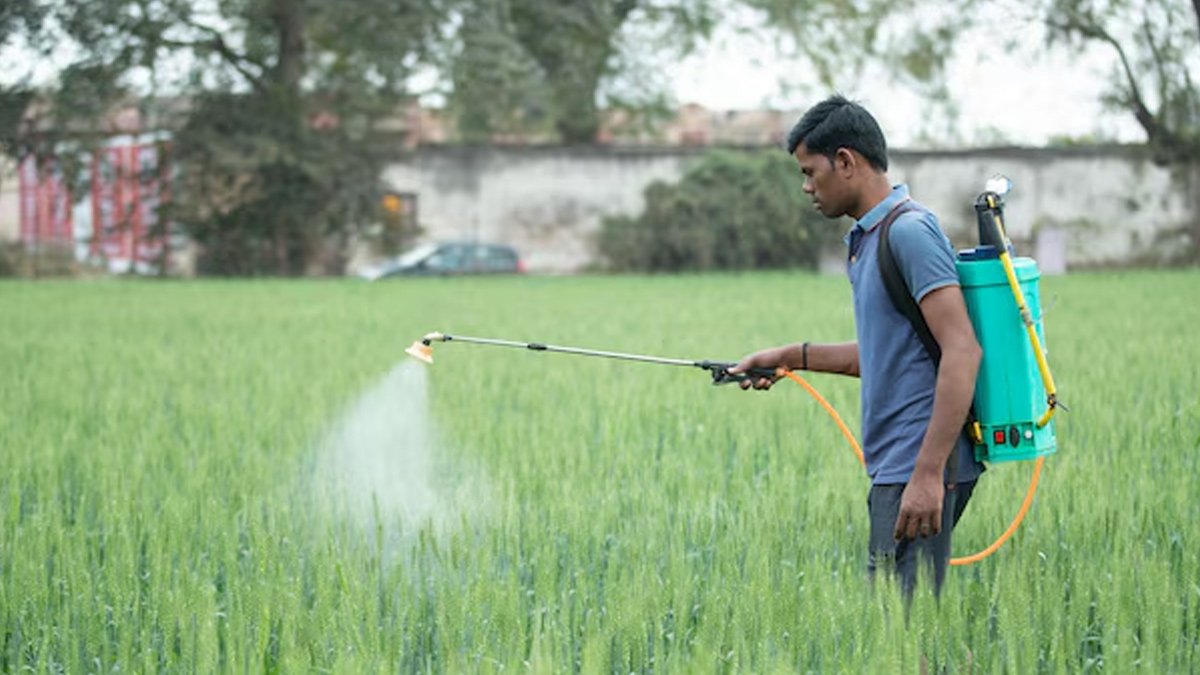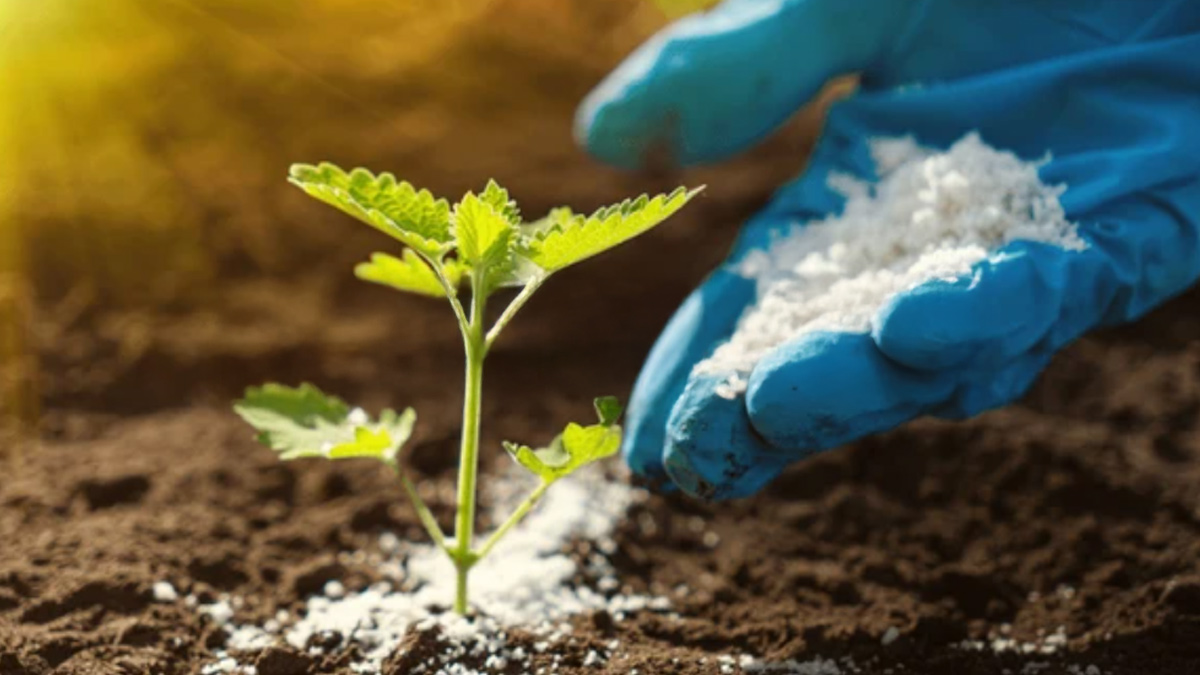
Indian farmers have toiled for decades to feed the nation. But in the process, they may be unknowingly putting their health at risk. Exposure to pesticides over a long period of time has been associated with Parkinson's disease, a progressive neurological disorder that destroys mobility, balance, and overall well-being, a mounting body of research indicates. Millions of agricultural workers and farmers apply pesticides regularly, so the question becomes how severe the threat is and what can be done to avoid it.
Table of Content:-
We spoke to Dr Avinash Kulkarni, Consultant Neurologist, Gleneagles BGS Hospital, Kengeri, Bengaluru, who explained how pesticide use may increase the risk of Parkinson's.
Understanding Parkinson’s Disease

“Parkinson's disease, a neurological condition, causes symptoms, such as tremors, stiffness, reduced mobility, and balance problems. It occurs when the brain's dopamine-producing neurons start to degenerate. Environmental factors, such as exposure to particular chemicals, are becoming recognised as important causes, even if heredity also plays a role,” explained Dr Kulkarni.
Several studies have linked chronic pesticide exposure to Parkinson's disease. Regardless of their stated aim of crop protection, many pesticides may negatively impact human neurological health. Some pesticides affect mitochondrial function in brain cells, causing oxidative stress and, eventually, neuron loss.
A prospective study found that individuals exposed to pesticides had a 70% higher incidence of PD compared to those not exposed, supporting the hypothesis that pesticide exposure may increase PD risk.
Various chemicals often used in Indian agriculture, such as paraquat, mancozeb, and organophosphates, may be neurotoxic, as stated in 2012 and 2014 studies. Several of these pesticides have already been prohibited in nations like the United States and the European Union due to their health risks; however, they are still widely used in India.
Also Read: Why Parkinson's Isn't Just A Movement Disorder: The Invisible Mental Health Impact
Why Do Farmers Suffer More Risks?
The agricultural workforce in India is particularly vulnerable to chemical exposure due to a specific set of issues:

- Lack of Protective Gear: Many farmers apply pesticides without using gloves, masks, or other protective equipment, exposing themselves to dangerous chemicals and inhaling them.
- Frequent Exposure: Farmers are exposed to pesticides almost every day, often for decades, whereas city dwellers may not come into contact with them regularly.
- Inadequate Regulation and Knowledge: Although pesticide regulations exist, they are rarely strictly enforced, and individuals are rarely aware of how to apply them safely.
- Food and Water Contamination: Pesticide residues can contaminate food and groundwater, increasing the risk of exposure for farming families and communities.
Symptoms of Parkinson's Disease
Parkinson's disease progresses slowly, making it difficult to identify early symptoms. Dr Kulkarni listed some of the warning signs as follows:

- Stiff limbs, difficulty moving, and minor hand tremors
- Speaking more slowly or with fewer facial emotions
- Sleeping disorders
- Mood swings and sorrow
Farmers who exhibit these symptoms should seek medical assistance since early discovery can lead to more effective illness management.
Also Read: Can Parkinson's Disease Be Managed With Timely Medications And Support? Expert Weighs In
How Can Farmers Be Protected?
There are various measures to lower the danger, even though completely avoiding pesticide use is not always practical. Follow these preventive methods shared by the expert:

Encourage Safe Replacements
Organic farming, Integrated Pest Management (IPM), and biopesticide use can all help to lessen the need for toxic chemicals.
Improve Safety Measures
- Farmers should be educated about pesticide hazards and proper application procedures as part of training programs.
- Encourage farmers to use protective gear, such as gloves and masks.
- To avoid environmental damage, pesticides must be stored and disposed of appropriately.
Strengthen Rules and Policies
The government should rethink present pesticide limitations, forbidding or limiting the most harmful ones while making more affordable and superior alternatives available.
Increase the Frequency of Health Screenings in Rural Communities
Frequent medical examinations, especially for neurological symptoms, can aid in the early detection of Parkinson's disease. Campaigns to raise awareness may also encourage farmers to seek medical help as soon as possible.
Prioritising Farmer's Health
"Since agriculture is the foundation of India, farmer welfare should be prioritised. If additional research finds a more direct link between pesticides and Parkinson's disease, rapid action is essential. This could include enacting legislation to limit toxic chemicals, changing farming practices, or boosting access to healthcare in affected communities," highlighted Dr Kulkarni.
Bottomline
"Until then, awareness-raising is critical. Farmers must be aware of the risks and possess the required knowledge and resources. After all, one's health should not be jeopardised to feed a nation," concluded Dr Kulkarni.
If you work in agriculture or know someone who does, don't ignore early indicators of Parkinson's. Spread the word, use caution, and seek medical advice. Awareness-raising and action today are the initial steps toward a brighter future for India's farmers.
[Disclaimer: This article contains information provided by an expert and is for informational purposes only. Hence, we advise you to consult your professional if you are dealing with any health issue to avoid complications.]
How we keep this article up to date:
We work with experts and keep a close eye on the latest in health and wellness. Whenever there is a new research or helpful information, we update our articles with accurate and useful advice.
Current Version